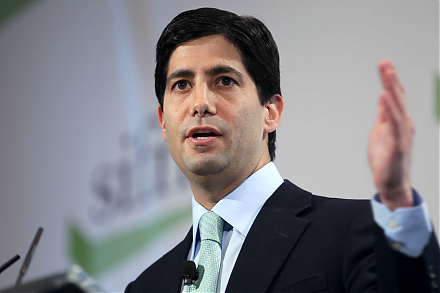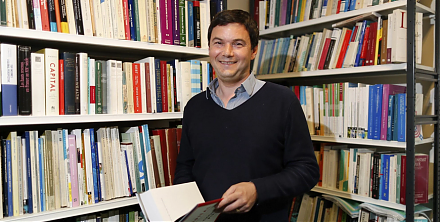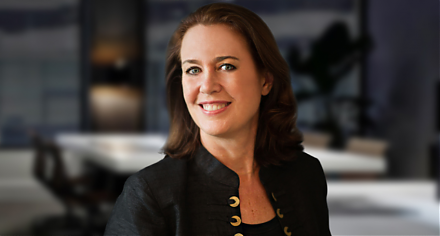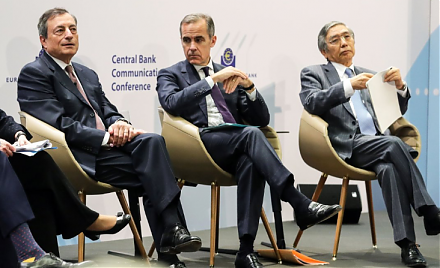

2018-03-23 08:26:00 Fri ET
trust perseverance resilience empathy compassion passion purpose vision mission life metaphors seamless integration critical success factors personal finance entrepreneur inspiration grit
Personal finance and investment author Thomas Corley studies and shares the rich habits of self-made millionaires. Corley has spent 5 years studying the daily habits and routines of self-made millionaires, and he chronicles these results in his books **Rich Habits** and **Change You Habits, Change Your Life**. Rich people share common habits, and others can learn from these habits that help enrich their lives. First, self-made millionaires maintain long-term vision with short-term focus. They often set bold and lofty life goals, value propositions, and mission statements. At the same time, the rich focus on both the important and urgent matters that can often lead to positive results.
For instance, these millionaires attend to money matters like value investors who focus on small profitable cash cows with low relative market valuation that invest conservatively in both capital investment and balance sheet expansion.
Second, self-made millionaires cherish the importance of self-improvement. They read books, articles, blogs, and newsletters about personal finance, management, and other self-help issues. This practice allows these self-made millionaires to turn unproductive routines into better ones.
Third, self-made millionaires enhance their social integration. These millionaires like to network with successful people in personal finance, sport, family, or other social events, and their active social engagement extends beyond their inner circle. In Corley’s 5-year study, what self-made millionaires choose not to accomplish is as important as what they choose to accomplish over several years.
If any of our AYA Analytica financial health memos (FHM), blog posts, ebooks, newsletters, and notifications etc, or any other form of online content curation, involves potential copyright concerns, please feel free to contact us at service@ayafintech.network so that we can remove relevant content in response to any such request within a reasonable time frame.
2018-02-15 07:43:00 Thursday ET

Fed minutes reflect gradual interest rate normalization in response to high inflation risk. FOMC members revise up the economic projections made at the Dece
2025-06-20 08:27:00 Friday ET

President Trump poses new threats to Fed Chair monetary policy independence again. We describe, discuss, and delve into the mainstream reasons, conc
2023-12-08 08:28:00 Friday ET

Tax policy pluralism for addressing special interests Economists often praise as pluralism the interplay of special interest groups in public policy. In
2024-05-05 10:31:00 Sunday ET

Stock Synopsis: Pharmaceutical post-pandemic patent development cycle In terms of stock market valuation, the major pharmaceutical sector remains at its
2020-10-20 09:36:00 Tuesday ET

Agile lean enterprises remain flexible and capable of reinvention in light of new megatrends such as digitization and servitization. Shane Cragun and Kat
2019-07-17 12:37:00 Wednesday ET

Gold prices surge above $1400 per ounce amid global trade tension and economic policy uncertainty. Both European Central Bank and Bank of Japan may consider